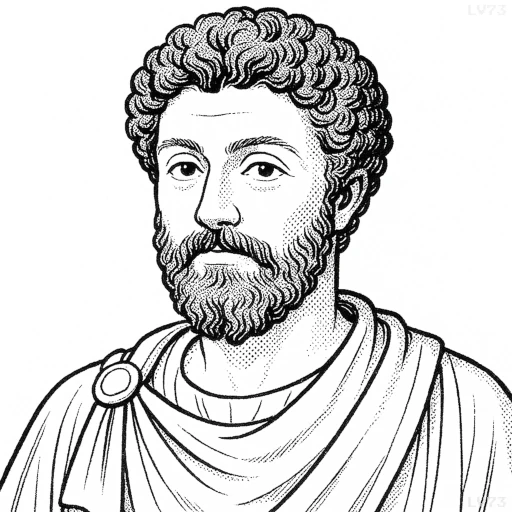“There is nothing happens to any person but what was in his power to go through with.”

- April 26, 121 – March 17, 180
- Roman Empire
- Roman Emperor
table of contents
Quote
“There is nothing happens to any person but what was in his power to go through with.”
Explanation
In this quote, Marcus Aurelius emphasizes the Stoic belief in personal responsibility and the power of the individual to respond to challenges. The core message is that, while we cannot always control external events, we always have the power to decide how we react. Life will present difficulties, but how we choose to handle and endure them is within our control. Aurelius suggests that we have the inner strength to overcome any adversity if we align ourselves with reason and virtue.
As a ruler facing continuous pressures—wars, political unrest, and personal loss—Aurelius embodied this principle in his own life. Despite the many external challenges he faced, he saw that the real challenge lay in how he responded to them. This Stoic approach resonates in modern psychology, particularly in the field of resilience. When faced with hardship, those who believe in their capacity to endure tend to cope better and recover more effectively.
In practical terms, this quote encourages empowerment by shifting focus from what cannot be controlled to how we can respond with strength and clarity. For example, during a difficult project at work or a personal setback, recognizing that you have the power to choose your response—whether with patience, problem-solving, or acceptance—can foster resilience and mental peace. By embracing this mindset, we can better navigate life’s obstacles and cultivate a sense of inner control.
Would you like to share your impressions or related stories about this quote in the comments section?
